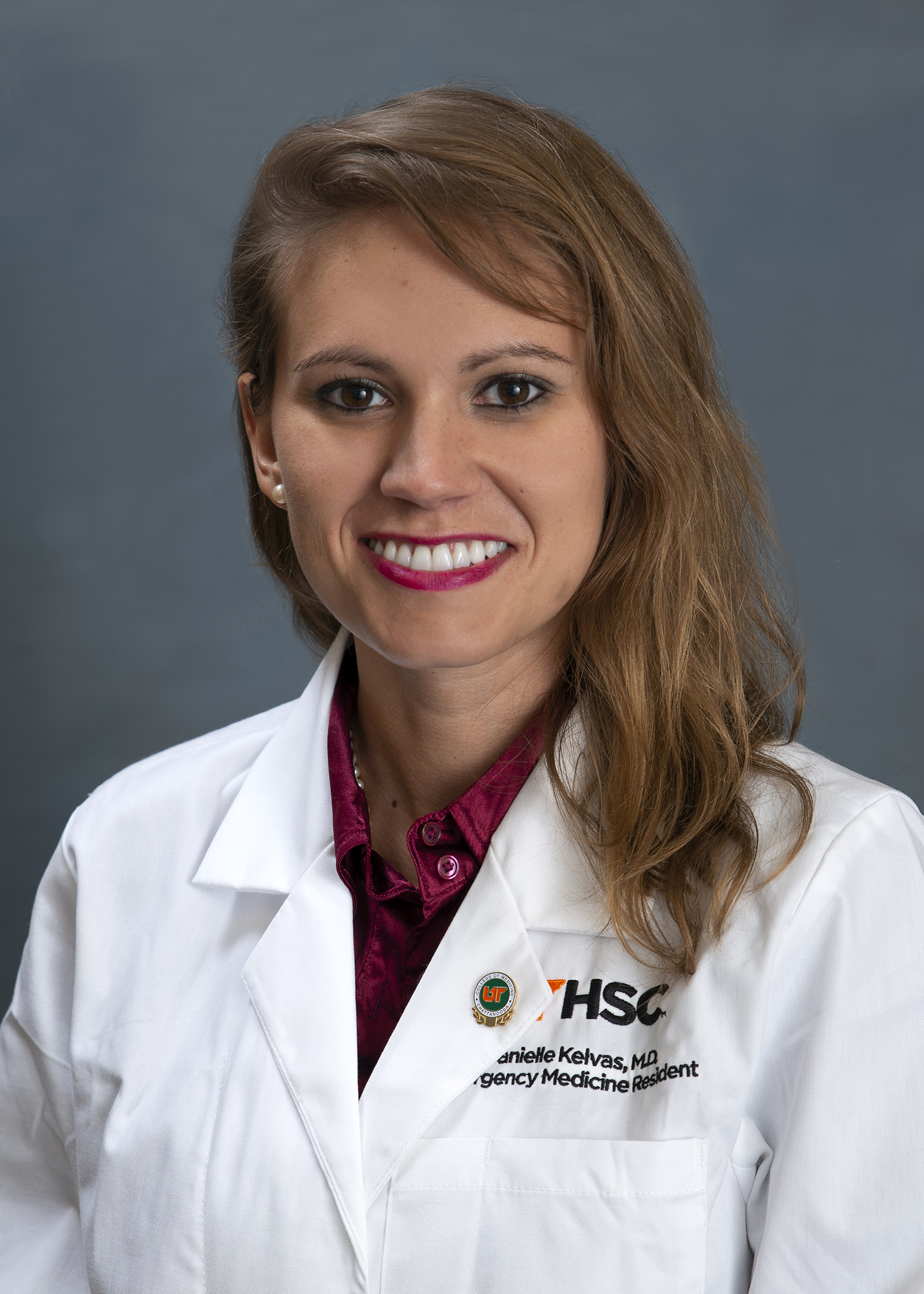When the pandemic swept across the globe, the world’s attention fixed on the front lines—on masked physicians waging war against an invisible enemy. Dr. Danielle Kelvas was one of them, treating patients in the thick of the crisis, navigating chaos, and watching an already strained healthcare system buckle under the pressure.
Then something unexpected happened. Her inbox began to fill—not just with patient updates, but with urgent requests from medical device companies, biotech startups, and health tech innovators. They weren’t asking for treatment. They were asking for her words.
“I couldn’t keep up,” she recalls. “There was this desperate need for physicians to be involved in the conversation—to review content, to lend expertise. Doctors are drowning in patient care. We don’t have time to be part of the online dialogue, yet the world needs our voice.”
That realization became the seed for DKMD, a boutique medical writing firm blending the precision of medicine with the art of storytelling. Kelvas hadn’t planned to become an entrepreneur. She loved patient care. But she also saw the bigger picture: healthcare was faltering, and innovations that could help were often lost in translation—sometimes literally.

“Some of these companies had brilliant ideas that could save billions and save lives,” she says. “But without a physician’s input, their messaging was off-target or lacked credibility. I knew I could bridge that gap.”
At DKMD, evidence-based medicine is the foundation. “I had twelve years of training in how to vet research and spot poor science,” Kelvas says. “That’s crucial now, with AI hallucinations and misinformation everywhere.” But she also knows data alone doesn’t connect. The most effective communicators, she believes, are those who can “hold a stethoscope in one hand and a story in the other.”
She points to her work on an AI-assisted ultrasound device. Instead of simply listing technical specs, DKMD crafted educational content showing how it could help providers skip unnecessary tests, work faster, and diagnose more accurately. “That’s when content stops being marketing,” she says, “and starts being part of the solution.”
Kelvas’s love for writing began early. “My family got our first IBM computer when I was seven. By nine, I was writing a book—then the hard drive died, and I lost it,” she says with a laugh. That passion resurfaced during the pandemic, when patient care shifted to screens and keyboards. “I realized my words could make or break someone’s day. That made me more intentional with how I wrote.”
Transitioning from medicine to business brought its own shock. “As a doctor, you don’t think about getting patients in the door—they’re already there. In business, sales is your lifeline,” she says. The cultural shift was equally striking. “In the hospital, I worked with other clinicians. In business, I’m working with finance, marketing, and tech people. They think differently. I had to grow as a leader, learn to listen, and accept I’m not the expert in everything.”
Today, she credits her diverse team with helping DKMD triple profits from 2023 to 2024. What sets the company apart is not just accuracy but empathy. “Anyone can write about a stroke,” she says. “But someone who’s treated a stroke patient knows the questions they’ll ask: Will I speak clearly again? Why am I so angry now? Will I ever drive?” That lived experience is woven into DKMD’s case studies, white papers, and patient education guides—ensuring they resonate with both clinicians and patients.
Every piece passes through the eyes of a physician, pharmacist, or nurse. In an era of AI-generated text, that human layer is non-negotiable. “Nature had to retract over 10,000 papers last year because of AI hallucinations,” she warns. “If you publish fake stats, your credibility can shatter overnight.”
Looking ahead, Kelvas is exploring interactive white papers to boost engagement and expanding DKMD’s translation capabilities—using AI as a support tool, not a replacement. She’s also watching the rise of AI-powered medical devices closely. “If you resist the technology, you risk being left behind. But it must be used wisely—as a complement, not a crutch.”
For Kelvas, the mission is personal. “I remember the patients I couldn’t help because of outdated technology or lack of resources,” she says. “Now I’m helping bring innovations to life through words. That’s my why.”
She’s quick to point out that entrepreneurship isn’t an escape from stress. “If you think running a business is less stressful than practicing medicine, it’s not,” she says with a wry smile. “You’ll fail daily—but fail forward. Flexibility is everything.”
One of her favorite reminders comes from the story of John Deere—how the company pivoted when the engine made the steel plow obsolete. “They could have quit. Instead, they created something iconic. That’s what I try to remember when I want to give up.”
And yes, she admits, “I feel like quitting at least once a week. But then I think about the future we’re building, and I keep going.”
If DKMD Consulting has its way, that future won’t just be more innovative—it will be more understandable, more trustworthy, and more human. And in Kelvas’s view, that’s every bit as vital as the next breakthrough in medicine.


































